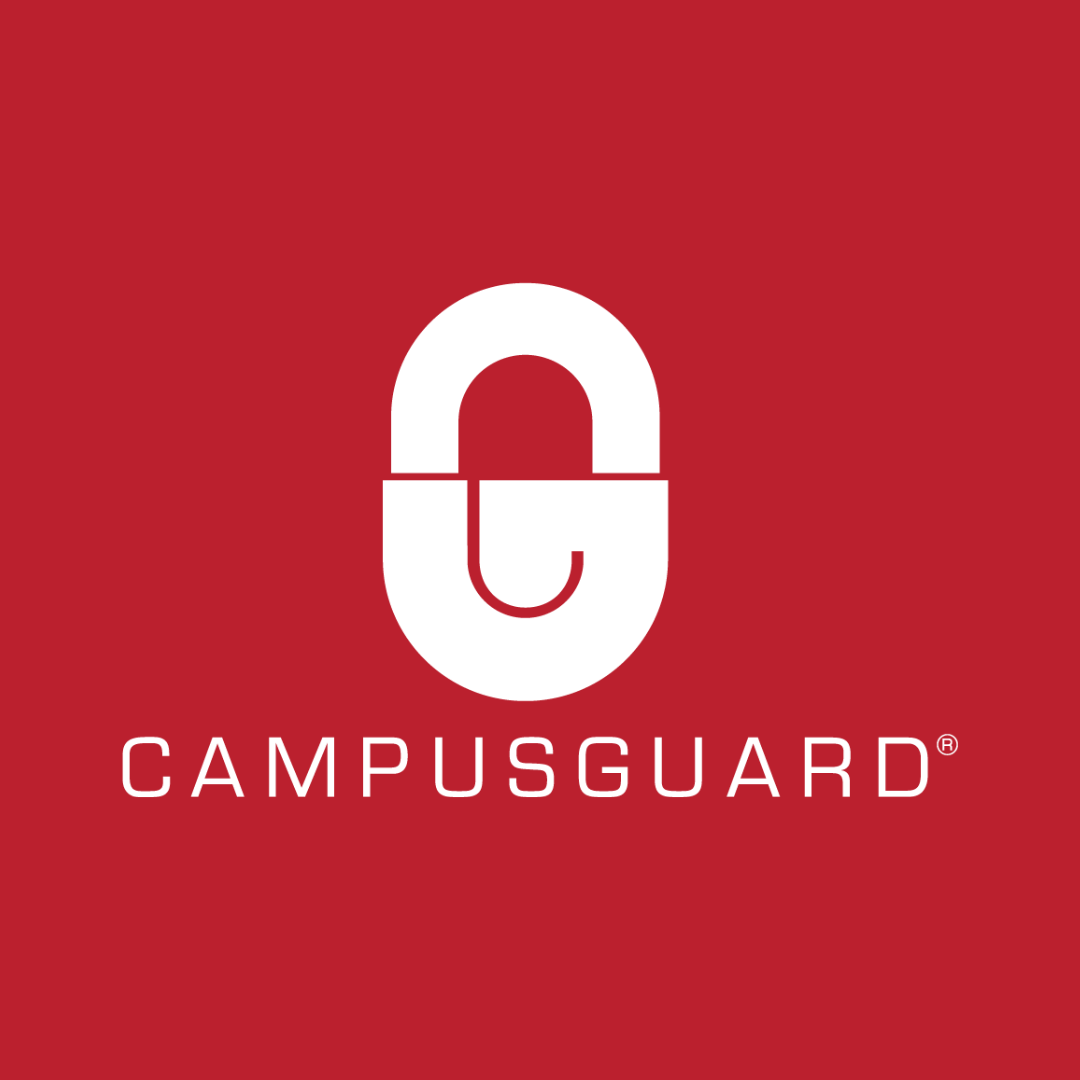
A Breach That Shook Higher Education
In 2019, more than 200 campus bookstores tied to major universities were compromised by a Magecart-style e-skimming campaign. Attackers injected malicious JavaScript into PrismWeb’s checkout pages, silently capturing credit card data as parents and students completed transactions.
On the surface, everything looked secure: HTTPS lock icons, successful purchases, receipts delivered. Behind the scenes, sensitive payment data was exfiltrated in real time and later sold on the dark web. The breach went unnoticed for weeks, long after the damage was done.
For families, it was a stunning betrayal. For universities, it was a reminder that even when a vulnerability lies with a third-party vendor, it is the institution’s name, trust, and reputation that pays the price.
This incident was not hypothetical. It was a wake-up call that client-side security must be a top priority for higher education.
Defining the Risk
Client-side attacks like Magecart, e-skimming, formjacking, and keylogging exploit the browser, not the server. They weaponize the very third-party scripts institutions depend on every day, including payment processors, analytics trackers, accessibility widgets, chatbots, and marketing tags.
The danger lies in their invisibility. Transactions are still processed, portals still display HTTPS, and users remain unaware. Often, the only evidence surfaces weeks later in the form of fraudulent charges.
Why It Matters to Higher Education
Parents and students expect university payment portals to offer the same protection as their bank. When that trust is broken, the fallout extends far beyond chargebacks.
The risks are threefold:
- Compliance: PCI DSS 4.0.1 raises the bar with Requirement 6.4.3 (strict script management) and 11.6.1 (real-time monitoring and tamper detection). Failure to comply is not just a technical gap but a regulatory one.
- Reputation: A widely-publicized breach can hurt enrollment, weaken donor confidence, and damage the institution’s standing in the community.
- Resources: Many IT and security teams lack the staff to manually monitor every script, every day, across multiple payment portals.
Closing the Browser-Side Blind Spot
Traditional defenses such as encryption, tokenization, and firewalls protect data in transit and at rest, but not when it is in use. The moment a parent enters payment information into a browser, the risk is live. That is where attackers strike.
Closing this blind spot requires institutions to gain visibility into every script running on tuition, housing, and donation pages, monitor those scripts continuously, apply zero-trust principles to third-party code, and ensure collaboration between IT, security, compliance, and finance so no script goes unmonitored. These steps reduce risk but are difficult to sustain without automation.
Payment Security Is About Trust
Securing online payment portals requires more than just ticking compliance checkboxes. It is about proving to families that their most sensitive data is protected. Ignoring the browser-side blind spot is the digital equivalent of leaving a safe unlocked.
By addressing this gap, universities demonstrate to students, parents, and alumni that safeguarding financial and personal information is a top institutional priority.
A Smarter Path Forward
CampusGuard recommends ScriptSafe, powered by Source Defense, to secure the “last mile” of online transactions, the browser itself.
How ScriptSafe helps:
- Real-time monitoring and blocking of unauthorized script activity
- AI-driven accuracy to reduce false positives
- Rapid deployment with just two lines of code
- Alignment with PCI DSS 4.0.1 Requirements 6.4.3 and 11.6.1 for easier audits and compliance assurance
Institutions adopting ScriptSafe often uncover high-risk scripts they didn’t even know were active. That visibility not only strengthens security posture but also assures auditors and boards.
If a single e-skimming campaign could compromise more than 200 campus bookstores, how resilient are your payment portals today?
Now is the time to act. Contact CampusGuard today to request a demo to see ScriptSafe in action.

